Safe events
in times of COVID-19
The health of our guests and employees is our top priority. These unusual times require our industry to make adjustments. They present us with new challenges, but we are learning to deal with them and to continue in our everyday lives as best we can.
Berlin Cuisine – better safe than sorry.
Organise events that provide the best protection for your guests' safety. Our strict hygiene measures mean that your guests can relax and feel safe.


COVID-19 rules
and measures
We are proud to have supplied the COVID-19 research facilities of the Robert Koch Institute in Spring 2020.
We have developed an action plan and introduced it as a new event standard at Berlin Cuisine – in the course of these efforts, our employees have successfully acquired the relevant certificates to be hygiene officers. We would be happy to create a tailored hygiene concept for your next event.

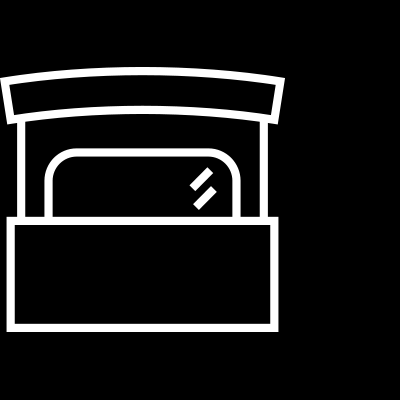
All of our food stations are equipped with plexiglass protection
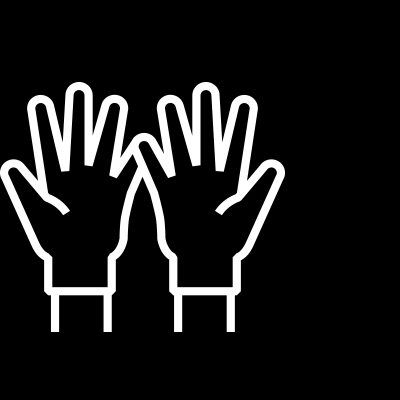
Gloves are compulsory for our cooks and service employees
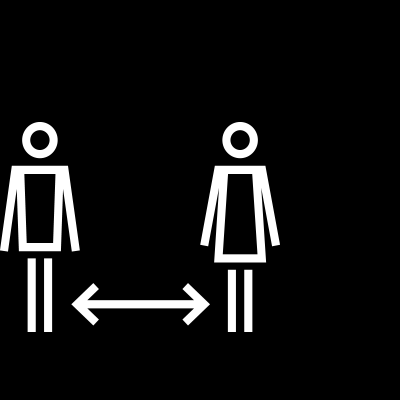
Minimum distance rules apply at all food stations
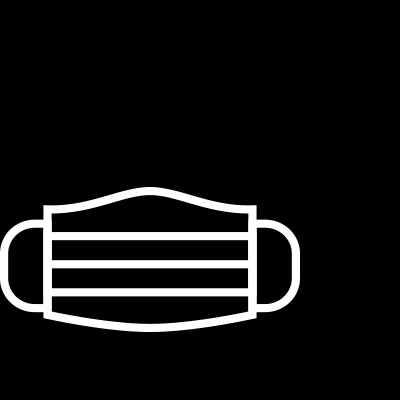
Masks are compulsory for our cooks and service staff
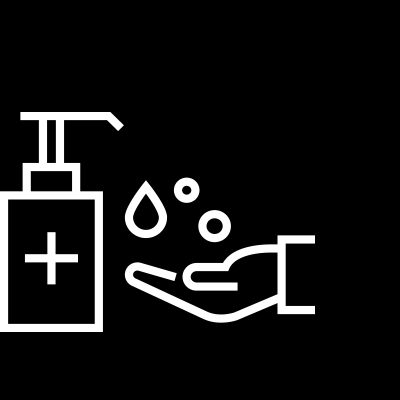
All our employees regularly disinfect all food stations

We follow HACCP guidelines for our food production and all events
Certified
Hygiene officer

Nina Jensen

Indigo Ries
Events in Berlin – maximum number of people permitted indoors
| from 2 June 2020 | up to 150 people | |
| from 30 June 2020 | up to 300 people | |
| from 1 August 2020 | up to 500 people | |
| from 1 September 2020 | up to 750 people | |
| from 1 October 2020 | up to 1,000 people |
Events in Berlin – maximum number of people permitted outdoors
| from 2 June 2020 | up to 200 people | |
| from 16 June 2020 | up to 500 people | |
| from 30 June 2020 | up to 1,000 people | |
| from 1 September 2020 to 24 October 2020 | up to 5,000 people |
Minimum required components of the hygiene concept
A specific hygiene concept must be drawn up for each event on the basis of the relevant company’s general hygiene concept, as well as in consideration of the laws and regulations applicable to the particular company. This specific concept and its implementation must be monitored and evaluated in accordance with Section 2 of the SARS-CoV-2 Containment Measures Ordinance.
The minimum required components of the hygiene concept are:
- Description of the event in terms of content, space and duration
- Risk assessment from the perspective of hygiene
- Definition of the measures
- Cleaning and disinfection plan
- Work instructions for hygiene measures
- Definition of necessary instructions
Event venue – use of space
In or at the event location, distancing definitions and controls are differentiated for the following areas:
- Event / social areas
- Traffic areas
- Special areas
Where possible, the event venue is to be subdivided into areas/zones/rooms to ensure the controlled distribution of visitors. In applying this model, overcrowded areas, queues and a high density of visitors are to be avoided. Here, advance capacity planning can provide helpful support (for instance, with advance registration for individual presentations or talks).
1.Event / social areas = areas where visitors may remain for longer periods and so a risk of longer-term personal contact must be assumed, i.e., areas for events and presentations, catering, accreditation, cloakrooms, and sanitary facilities. In these areas, the requisite measures are to be taken to ensure the minimum distance of 150 cm between those present is maintained and, to the greatest possible extent, the maximum number of persons for the particular area is not exceeded. Seating plans in event areas are to include setting the required distances between seated participants and the width of aisles. Three square metres of space per visitor is recommended or, at events with fixed row seating, the use of every third seat in every second row (‘zipper seating’).
In areas where queues can form (e.g. access to event or catering stations), stewards or security personnel and/or signage (e.g., floor markings, belt barriers) are to ensure the prescribed minimum distance is maintained as far as possible.
The access to sanitary facilities must be controlled by personnel and/or signage (e.g., floor markings, belt barriers) to ensure the prescribed minimum distance is ensured as far as possible. Where possible, the number of toilet stalls, urinals and washbasins must be divided to ensure the prescribed minimum distance is maintained.
2. Traffic areas = areas of an event venue where visitors move to and from the various programme points and sections, e.g., corridors, stairs, and emergency escape routes. In these areas, the event organiser shall require visitors to observe the distancing and hygiene recommendations of the Robert Koch Institute (RKI) generally valid at the time of the event.
3.Special areas = entrance, admission, accreditation, and cloakroom areas as well as areas for smokers. Additional measures are required here to ensure a minimum distance of 150 cm is maintained at all times. Such measures include access flow management by security guards and stewards and/or the requisite ‘technical’ equipment (floor markings, room partitions, automated gate systems or other pedestrian flow systems to control access, signal light systems, etc.).
As far as possible given the available space, the event moderators and performers (artists, musicians, talk show guests, etc.) must be assigned separate and marked dressing rooms/spaces.
In accordance with Section 2, Para. 1, Nr. 7 of the SARS-CoV-2 Containment Measures Ordinance, events may only be held where adequate indoor ventilation is ensured. Air conditioning units are to be permanently switched from circulation to full fresh air mode. In all rooms with air conditioning, the devices are to run on the maximum setting for full fresh air. To ensure aerosols are minimised, rooms are to be thoroughly aired at regular intervals on a needs basis.
Catering
New! Due to contact restriction regulations and the infection risk from the uncovered food usually provided at self-service buffets, this style of catering is not permitted (Section 6, Para. 2, SARS-CoV-2 Containment Measures Ordinance). Self-service buffets with prepacked portions of food are permitted providing measures are taken to ensure the guests comply with the required minimum distance to one another and wear a mouth and nose covering when they are not seated at the table. When offering food and beverages, care is to be taken that groups do not form. In addition, the valid distancing regulations are to be observed (floor markings). Guests are to be given individually packed cutlery. Hygiene and Protection Measures Guidelines for safe events in Berlin during the corona pandemic 9/11
To accelerate the serving of food and beverages, these are to be labelled clearly and legibly. Where appropriate, provision should be made for cashless payments.
Measures should be taken to prevent an excessive consumption of alcohol, since this may lead to contravening the regulations on social distancing. Anyone who is clearly drunk should be warned and, if necessary, escorted from the premises.
To avoid the excessive density of guests and staff at a single location, decentralized serving points shall be planned and set up (the maximum number of people allowed in the catering area is to be determined in advance). Alternatively, food and beverages may be provided in sealed packaging and placed on the chairs/tables in the event area or via specific forms of serving (e.g., vendor’s tray).
Reusable dishes and cutlery as well as glasses must in principle be cleaned in high-temperature dishwashing systems (> 70°C). Handwashing dishes in sinks is not permitted. During transport and storage, suitable packing must be employed to exclude the possibility of contamination.
The following protective equipment is to be provided for all those working in the catering services: face masks, disposable gloves, and a higher frequency of regular hand disinfection.
All catering area employees must be regularly instructed on all the necessary additional hygiene measures. Regular handwashing and disinfection must be planned and coordinated.
On a needs basis, crew catering for all trades and service providers is to follow a planned staggered schedule for the available/envisaged areas.
Sources, partner and hotline
visitBerlin Convention Partner e.V.
Telephone+49 30 2 23 96 191 /
Address: Am Karlsbad 11 / 10785 Berlin
Coronavirus hotline: +49 30 346 465 100
Inquire about our hygiene concept now
We will create an individual hygiene concept for your next event.
